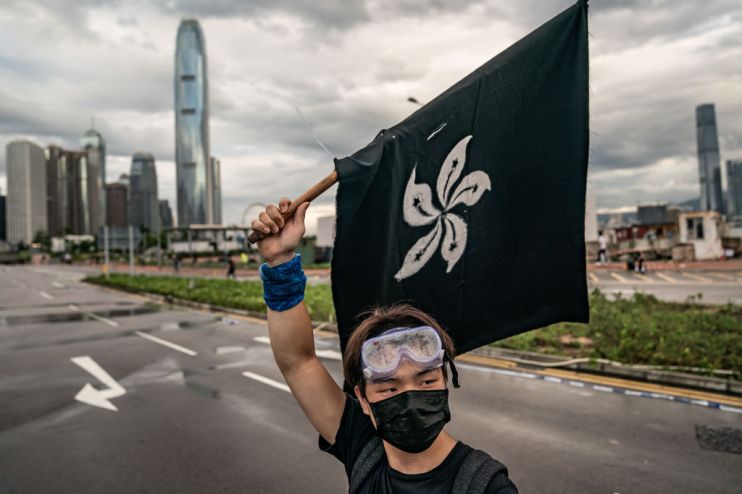Hongkongers will enrich the UK – and we must make their transition as smooth as possible

Today is Chinese New Year, marking the beginning of the Year of the Metal Ox.
This particular year, the theme of new beginnings will resonate strongly with thousands – as the UK Government’s decision to allow Hong Kong residents to come to the UK looks set to create fresh starts for upwards of 300,000 people, if not more.
This is by no means the first such influx to British shores. In the 1600s, 50,000 Hugenots came to Britain; in the early 20th century, 120,000 Jews eventually settled here, and – following Idi Amin’s expulsion of Uganda’s Asian minority in the years from 1972-73 – some 30,000 people arrived in the UK.
Read more: Exclusive: Hong Kong refugee activists on the UK’s new visa scheme
At potentially 300,000, however, Hong Kongers could constitute one of the largest-ever arrivals – dwarfed only by the arrival of Eastern Europeans following their countries accession to the EU in the early 2000s.
Handled well, this extraordinary influx will enrich the UK – culturally, educationally and economically; some economists predict a boost of £12 billion to the UK economy if all 300,000 do arrive.
More importantly, however, it will allow thousands of people to live in freedom.
The consequences of mismanagement could be severe, however. It is easy to imagine the backlash should disgruntled migrants arrive in already-stretched communities.
Migration from Eastern Europe undoubtedly impacted British politics, contributing to the growth of Euroscepticism and the subsequent vote to leave the European Union.
While the benefits of the migration of Hong Kongers to the UK are extraordinary, experience clearly demonstrates the risks should we fail to learn from the recent past.
To prepare, a real effort will be required – both by central and local Government – to ensure that it benefits both the migrants and the communities into which they arrive. Such a move is always daunting, but Hongkongers are likely to face challenges unique to their circumstances, not least ongoing pressure from Mainland China.
A cross-departmental Task Force should be established, charged with overseeing preparations.
Chaired and overseen by a responsible Minister, this taskforce should include representatives of devolved and local government. It should work with treasury to allocate funds to support the migration – but also to backfill needs in local communities. Let’s learn the lessons of the closure of the Migration Impact Fund – and take early action to ease potential pressures on local public services.
But the effort to make the migration of Hongkongers cannot be down to the government, whether central, devolved or local. Ordinary Britons must help, much as they have for past arrivals.
The Jewish community knows what that looks like. In years gone by, we have counted on the welcome embrace of organisations like the British Committee for the Care of Children from Germany, which helped the refugees on the Kindertransport.
It is in this tradition that I have been part of creating a Welcoming Committee for Hong Kongers, a non-political, non-partisan citizen initiative aimed at coordinating different initiatives, signposting support and providing targeted assistance.
We take no view on the events in Hong Kong or indeed Sino-British relations. We are just ordinary Britons from across society – many of us from migrant backgrounds ourselves – who want to offer help to those Hongkongers who chose to come here.
Counting musicians, accountants, lawyers, priests, and yes, even ex-politicos among our numbers, collectively we believe that this migration can be enormously positive for the U.K. and those who chose to come here.
This Chinese New Year will be different than others. The pandemic will mean we cannot come out to welcome the new arrivals at the red-coloured, dragon-filled parades that normally brighten up London, Manchester, Edinburgh and other cities at this time of year.
However, we can honour one tradition of Chinese New Year. It is customary among many Chinese communities at this time to offer gifts; often small red packets of money, ranging from a few dollars to larger amounts depending on your relationship to the recipient. It is a way to share wealth.
This Chinese New Year we in the UK have the chance to share the wealth of our open, free and developed society with thousands of Hongkongers. Let’s do so generously.
Read more: Nathan Law: I’m not entitled to lose hope in Hong Kong’s struggle
